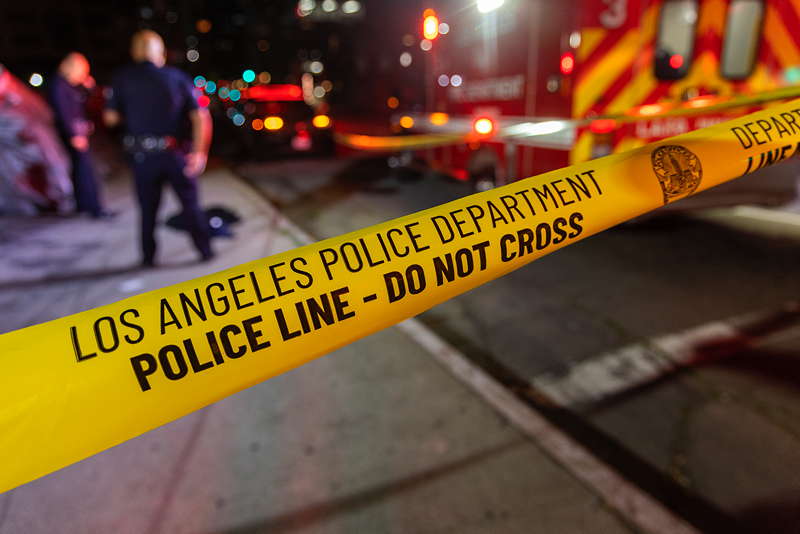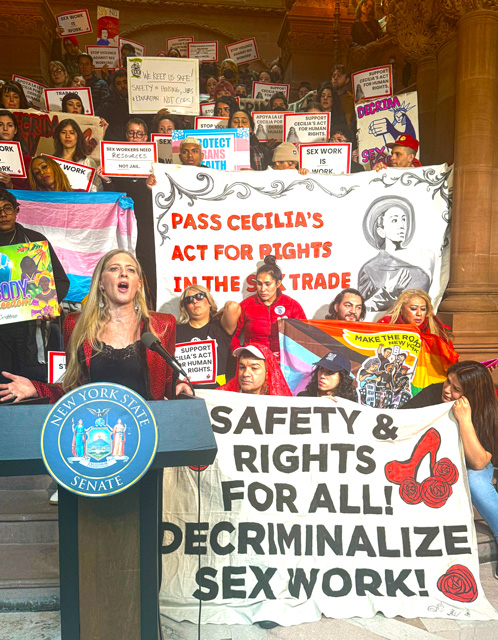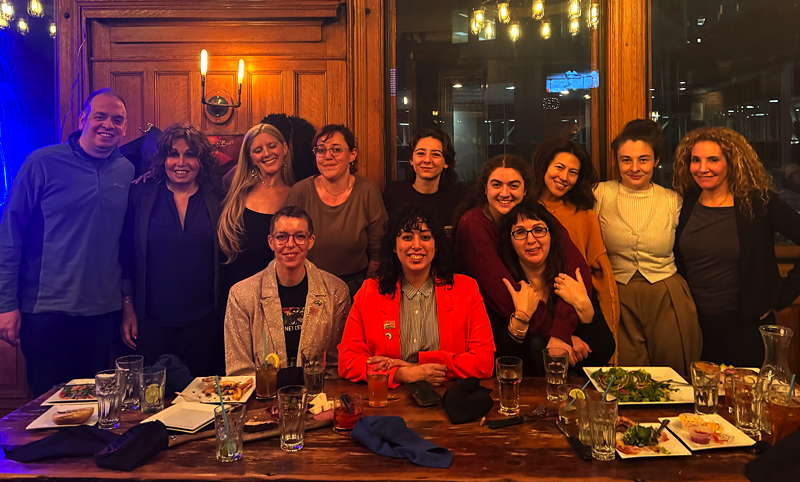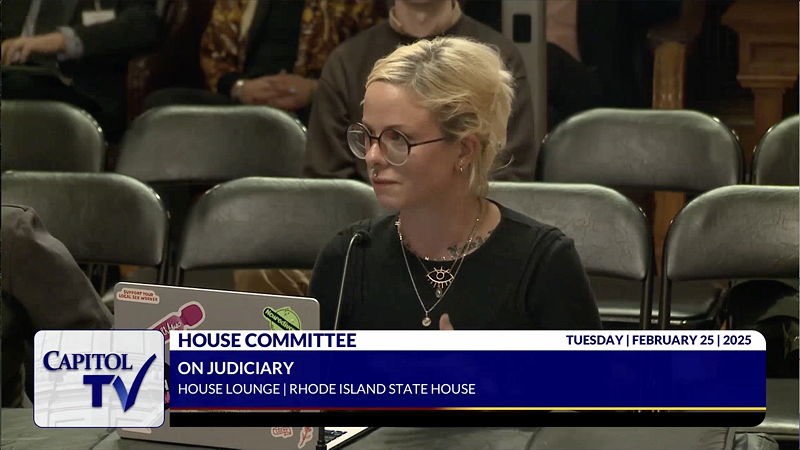February 25, 2025
On February 7, 2025, Linda Becerra Moran, a 30-year-old trans woman, was fatally shot by Los Angeles Police Department (LAPD) officers at a motel after she called 911 for help, claiming she was being kidnapped. Becerra Moran pleaded desperately with the dispatcher, sobbing as she explained that a man was holding her against her will and bringing others into the room. She insisted she was not lying, as she begged for immediate assistance. The dispatcher quickly relayed the information to the police, alerting them to a possible kidnapping situation involving someone who could be a danger to themselves or others.
When officers arrived, they found Becerra Moran pacing inside the room, visibly distressed. Body camera footage from the LAPD shows officers standing in the doorway, guns drawn, speaking to her in Spanish as tensions escalated. She showed them a head wound from being struck repeatedly with a bottle. Despite considerations to place her under a mental health hold, the situation began to rapidly deteriorate. In a moment of rising panic, Becerra Moran began pushing a mini-fridge toward the officers before grabbing a knife and holding it to her neck. At this point, Officer Jacob Sanchez, a four-year veteran, opened fire after Becerra Moran moved toward them. She collapsed onto the bed, critically injured. Attempts to save her were unsuccessful, and after being placed on life support, Becerra Moran died on February 27, 2025, following weeks in the hospital. Due to difficulties in contacting her family in Ecuador, the hospital consulted its ethics committee before making the decision to discontinue life support.
The LAPD initially failed to acknowledge her death, and it was only days later that Officer Sanchez was identified. The incident is under investigation by the Police Commission, the district attorney’s office, and the LAPD’s inspector general. However, the circumstances surrounding her death have received far less media attention than similar police shootings, highlighting the disturbing reality that the lives of sex workers, especially trans women like Becerra Moran, are often dismissed or undervalued. Her death underscores the systemic neglect faced by people in the sex industry, with many instances of violence against them either going unnoticed or under-investigated.
Additionally, the involvement of law enforcement in such cases can exacerbate the harm rather than prevent it. Police are not adequately equipped to address the complex realities of trafficking or the nuanced needs of victims. Instead of prioritizing safety and victim support, law enforcement criminalizes sex workers, whether they are working by force or by choice, deepening the stigma and risks they face. Becerra Moran’s death is a stark reminder of how these systemic failures perpetuate harm and neglect.
The response to trafficking should be led by organizations specializing in victim support, such as survivor advocates, social workers, and non-profits focused on human trafficking. These organizations are more attuned to the needs of vulnerable individuals, offering vital services like legal aid, mental health support, and housing. They work to protect victims from the trauma of criminalization and offer a path to rehabilitation, not punishment. Law enforcement can collaborate with these groups when needed, but the primary focus must be on healing and restoring dignity, not perpetuating further harm. Linda Becerra Moran’s tragic death calls for a critical reevaluation of how society and its institutions address violence against sex workers, urging a shift from criminalization to care, and from punishment to protection.

DSW Newsletter #61 (March 2025)
Decriminalization Advocacy Day at New York State Capitol

Immunity Law Advocacy Day at New York State Capitol

DSW Staff Testify on Multiple RI Bills

DSW Staff at the MA State House

Op Ed by Henri Bynx

LAPD Murders Trafficking Victim

Anora and Sex Workers Win Big at the Academy Awards

